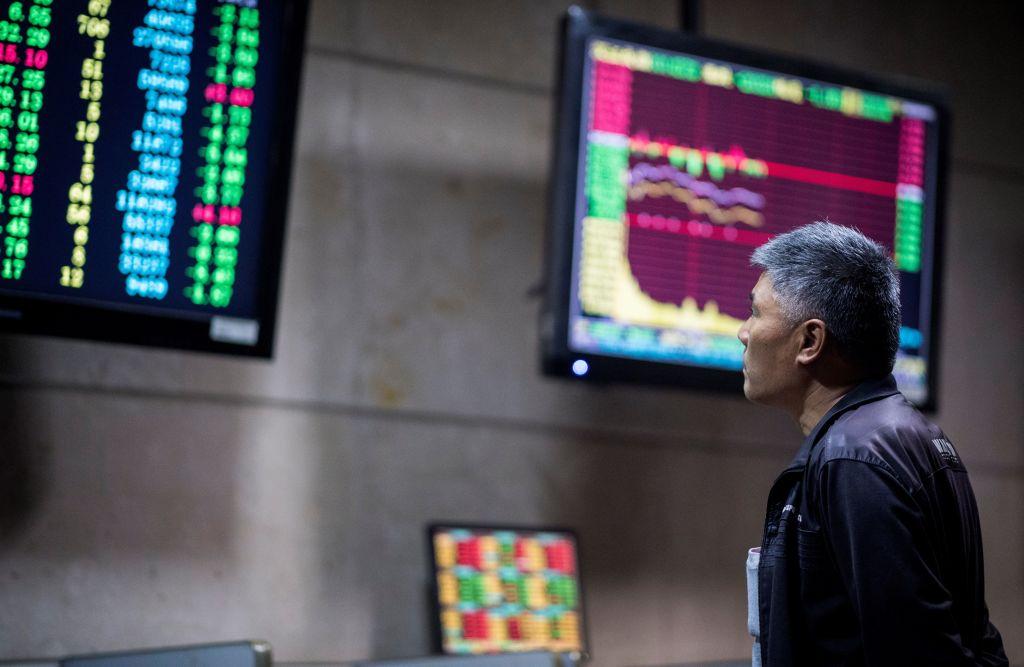An arrest warrant has been issued for a high-profile business executive in China who is involved in peer-to-peer (P2P) lending.
The prosecutor’s office in Suzhou Industrial Park, an area within Jiangsu Province on China’s east coast, said that Peng Xiaofeng, the chairman and CEO of SPI Energy, is suspected of illegally collecting money from investors for an SPI subsidiary company known as Solarbao, according to a report by the state-run news site China.com.





